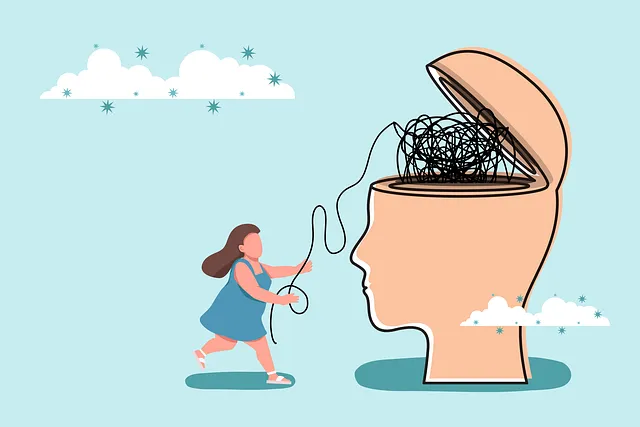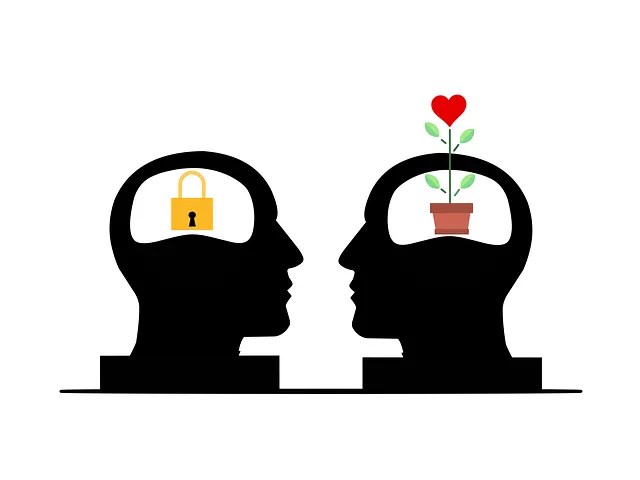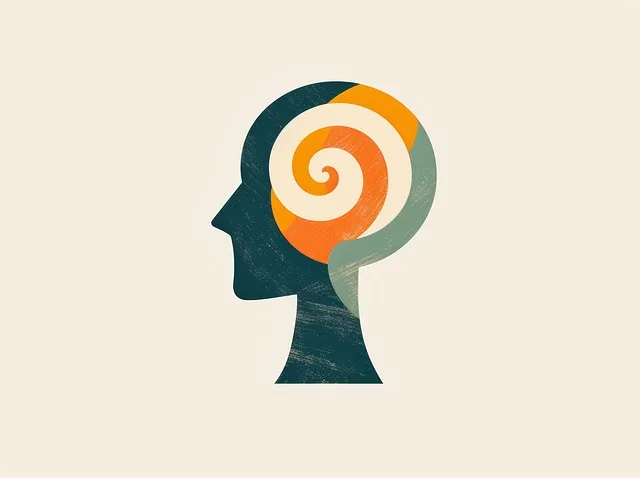The Northglenn Kaiser Permanente mental health center prioritizes cultural competency through comprehensive training programs, ensuring services are accessible and tailored to diverse patient beliefs and backgrounds. Interactive workshops, case studies, and role-playing focus on trauma support, risk assessment, anxiety relief, and building empathy, challenging biases, and promoting cultural humility among staff. Continuous improvement strategies, including Mental Wellness Coaching Programs and regular feedback mechanisms, enhance patient satisfaction, adherence to treatment plans, and overall outcomes.
Healthcare provider cultural competency training is an essential approach to ensure equitable care for diverse patient populations. In this article, we explore the critical role of organizations like Northglenn Kaiser Permanente Mental Health Center in fostering cultural competence. We delve into key components of effective programs, strategies for measuring success, and continuous improvement tactics. Understanding and implementing these practices are vital steps towards delivering culturally sensitive care, reflecting the values of progressive healthcare providers, such as Northglenn Kaiser Permanente.
- Understanding Cultural Competency in Healthcare: A Necessary Approach
- The Role of Kaiser Permanente Northglenn Mental Health Center in Training
- Key Components of Effective Cultural Competency Programs
- Measuring Success and Continuous Improvement Strategies
Understanding Cultural Competency in Healthcare: A Necessary Approach

In today’s diverse society, cultural competency within healthcare is no longer an option but a necessity. The Northglenn Kaiser Permanente mental health center recognizes this vital aspect of patient care, ensuring that their services are accessible and culturally sensitive to all. Cultural sensitivity in mental healthcare practice involves understanding and respecting the unique beliefs, values, and practices of individuals from various backgrounds. This approach ensures that mental health professionals can provide effective treatment while considering the cultural context of each patient.
The importance of cultural competency extends beyond ethical considerations; it’s a key factor in improving patient outcomes. The risk assessment for mental health professionals highlights the potential consequences of overlooking cultural differences, which can lead to miscommunication and ineffective treatment plans. To address this, the center incorporates mental health education programs designed to equip staff with the knowledge and skills to navigate cultural complexities. These programs aim to foster an inclusive environment, ultimately enhancing patient satisfaction and adherence to treatment regimens.
The Role of Kaiser Permanente Northglenn Mental Health Center in Training

The Northglenn Kaiser Permanente mental health center plays a pivotal role in fostering cultural competency among healthcare providers. With a dedicated team of experts and a robust curriculum, the center offers comprehensive training programs tailored to address the unique challenges faced by professionals working with diverse patient populations. These initiatives ensure that mental health specialists are equipped to provide culturally sensitive care, effectively treating individuals from various backgrounds and experiences.
Through interactive workshops and educational sessions, Kaiser Permanente Northglenn focuses on topics such as trauma support services, risk assessment for mental health professionals, and anxiety relief strategies. This holistic approach aims to enhance the ability of healthcare providers to connect with patients, understand their cultural contexts, and offer tailored interventions. By investing in these training programs, the center contributes significantly to improving patient outcomes and promoting equity in mental healthcare.
Key Components of Effective Cultural Competency Programs

Effective cultural competency programs within healthcare institutions, such as the Northglenn Kaiser Permanente mental health center, incorporate several key components to foster meaningful and inclusive care. One of the primary focuses is mind over matter principles, teaching professionals how to navigate cultural differences with empathy and understanding. This involves promoting self-awareness, challenging personal biases, and developing cultural humility. By adopting these principles, mental health experts can create a safe and supportive environment for diverse patient populations.
Additionally, integrating confidence boosting strategies into training is vital. Mental health professionals often encounter patients from various cultural backgrounds with unique needs and expectations. Competency programs equip them with the tools to communicate effectively, build rapport, and adapt their therapeutic approaches accordingly. Risk management planning is another essential aspect, ensuring that practitioners are prepared to handle sensitive cultural issues while minimizing potential risks and promoting ethical practices in a diverse healthcare setting.
Measuring Success and Continuous Improvement Strategies

Measuring success and implementing continuous improvement strategies are vital components of any comprehensive cultural competency training program, particularly at institutions like the Northglenn Kaiser Permanente mental health center. Effective evaluation methods help assess the impact and sustainability of the training, ensuring it aligns with the evolving needs of the diverse patient population served.
One approach involves designing Mental Health Education Programs that incorporate interactive workshops, case studies, and role-playing scenarios to engage participants actively in learning. Additionally, developing Mental Wellness Coaching Programs can foster a culture of support and accountability among staff, promoting better self-care practices and preventing burnout, which is a significant concern within healthcare, especially in diverse settings. Regular feedback mechanisms, peer evaluations, and post-training assessments allow for continuous refinement and development, ensuring the program remains relevant and impactful over time.
Healthcare provider cultural competency training is no longer a choice, but an imperative. As diverse communities continue to shape our society, ensuring equitable access to quality healthcare for all becomes increasingly vital. The successful implementation of these programs, as demonstrated by the Northglenn Kaiser Permanente Mental Health Center, showcases their potential to transform patient outcomes and foster inclusive environments. By integrating key components like community engagement, ongoing evaluation, and continuous improvement strategies, healthcare organizations can create a more culturally competent workforce that respects and understands diverse populations. This, in turn, leads to improved patient satisfaction, better health outcomes, and stronger communities.






